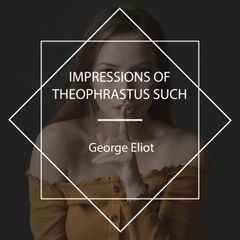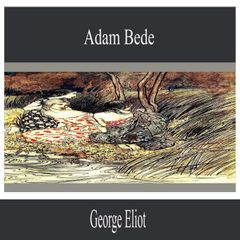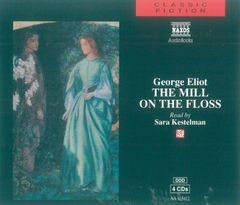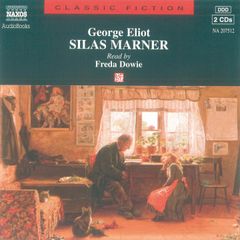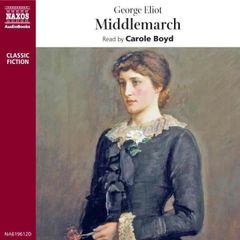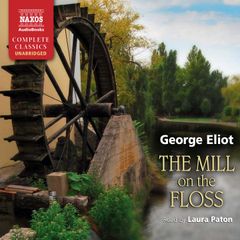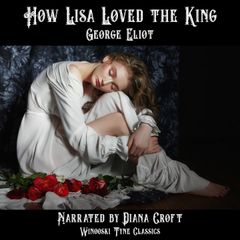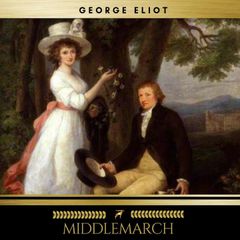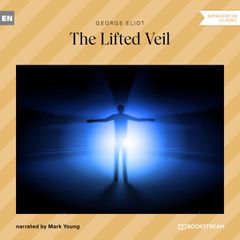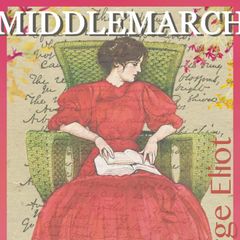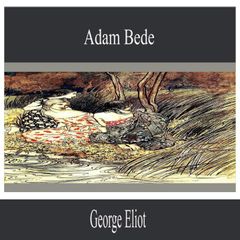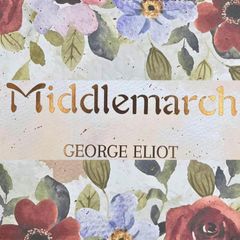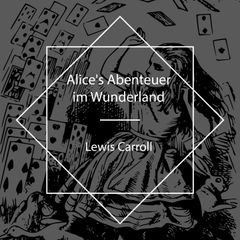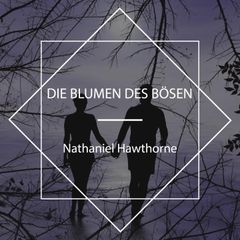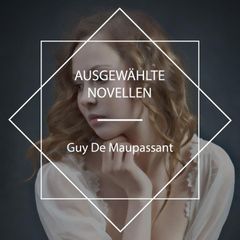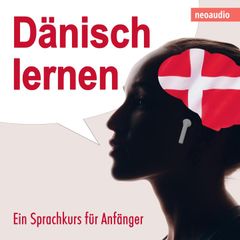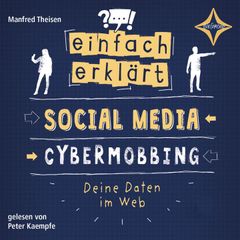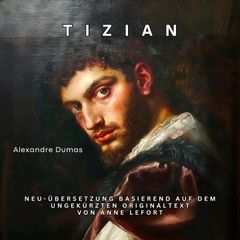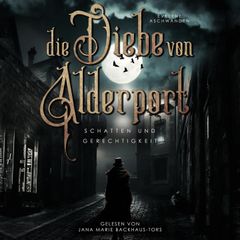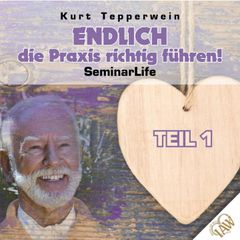- Hörbuch
- 2022
- 1 Std 57 Min
- Erika
- Non-fiction
Titel
The Lifted Veil
Beschreibung
George Eliot's 1859 novella, The Lifted Veil, departs radically from the grounded realism of her longer and better known works, such as Middlemarch and Daniel Deronda. Its tone calls to mind the works of middlebrow Sensationists, like Wilkie Collins (The Moonstone), and of some of the better known authors of Victorian era horror writings, such as Bram Stoker (Dracula) and Mary Shelley (Frankenstein).
Eliot here explores mystical themes, considering the world of phenomena which are felt but not seen. Yet in doing so she suggests that the apparent clairvoyance of her main character, Latimer, may in fact be, at least in part, psychological expressions of his early life experiences. This view is supported by the fact that most of Latimer's vision-based predictions of how people will behave and events unfold do not, in the end, turn out as he had foretold.
Much of this work's power and complexity lie in Latimer's relationship with Bertha, whom he ultimately, unhappily, marries. Bertha is the one person whose thoughts and feelings he is not able to read, raising the question: What is it about Bertha that renders her inaccessible to his psychic penetration – and what does this tell us about her, and about him.
Auf öffentlichen Listen dieser Nutzer
Dieses Hörbuch ist noch auf keiner Liste.
Produktdetails
Verlag:
Autor:
Titel:
The Lifted Veil
gelesen von:
Fabely Genre:
Sprache:
EN
ISBN Audio:
4061707939808
Erscheinungsdatum:
29. Mai 2022
Laufzeit
1 Std 57 Min
Produktart
AUDIO
Explizit:
Nein
Hörspiel:
Nein
Ungekürzt:
Ja
Über den Autor:
Mary Ann Evans, known by her pen name George Eliot, was an English novelist, poet, journalist, translator and one of the leading writers of the Victorian era. She was born in 1819 at a farmstead in Nuneaton, Warwickshire, England, where her father was estate manager. Mary Ann, the youngest child and a favorite of her father's, received a good education for a young woman of her day. Influenced by a favorite governess, she became a religious evangelical as an adolescent.
Her first published work was a religious poem. Through a family friend, she was exposed to Charles Hennell's "An Inquiry into the Origins of Christianity". Unable to believe, she conscientiously gave up religion and stopped attending church. Her father shunned her, sending the broken-hearted young dependent to live with a sister until she promised to reexamine her feelings. Her intellectual views did not, however, change. She translated "Das Leben Jesu", a monumental task, without signing her name to the 1846 work.
After her father's death in 1849, Mary Ann traveled, then accepted an unpaid position with The Westminster Review. Despite a heavy workload, she translated "The Essence of Christianity", the only book ever published under her real name. That year, the shy, respectable writer scandalized British society by sending notices to friends announcing she had entered a free "union" with George Henry Lewes, editor of The Leader, who was unable to divorce his first wife. They lived harmoniously together for the next 24 years, but suffered social ostracism and financial hardship. She became salaried and began writing essays and reviews for The Westminster Review.










